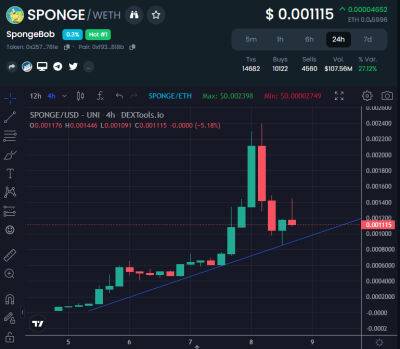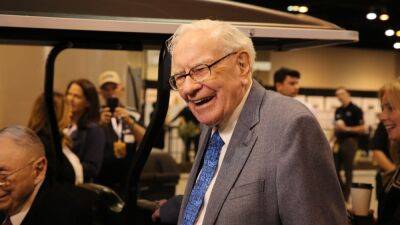That $7,500 electric vehicle tax credit may soon be harder to get. Here are 2 workarounds
It may soon be tougher for consumers to get a $7,500 federal tax credit when buying a new electric vehicle, due to U.S. Department of the Treasury rules set to take effect in about a week.
But there's good news for prospective buyers: Those willing to buy a used EV or lease a new one may qualify for separate tax breaks that are generally easier to claim, tax experts said.
The Inflation Reduction Act, which President Joe Biden signed in August, set various manufacturing requirements for new all-electric and plug-in hybrid vehicles to be able to qualify for the full $7,500 tax credit.
As of Aug. 17, for example, final assembly of the car had to take place in North America.
The final two requirements — which apply to the sourcing of car battery components and critical minerals — will kick in on April 18 and phase in over a few years, according to the Treasury Department.
More from Personal Finance: Are you tax-savvy? Take our quiz to find out What the IRS $80 billion funding plan means for taxpayers Here's a decade-by-decade guide to building wealth
Lawmakers' aim is to encourage carmakers to build batteries with domestic supply chains instead of relying on countries like China for essential parts.
In the short-term, though, it's expected that the current list of cars that qualify for the $7,500 credit will fall in number, at least until manufacturers are able to meet the new battery rules.
The IRS will update that list of qualifying EVs on April 17. At that time, the cars that currently qualify for a tax break may be associated with a smaller tax credit or none at all, perhaps just temporarily.
The Inflation Reduction Act also created a tax credit for consumers who buy used electric or fuel-cell vehicles.
The tax break
Read more on cnbc.com












